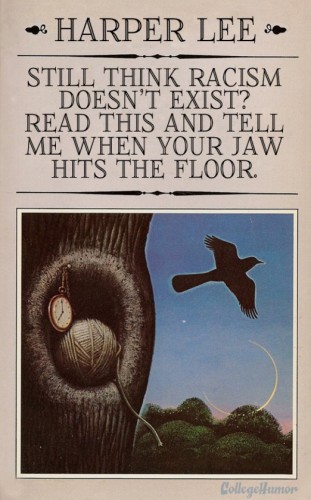The Verge Takes a Swipe at Performancism
When the journalism market bottomed out in 2008, many writers—discouraged and broke—gave up on their careers. But a few years later click-bait journalism pumped life into the industry, and it’s stillriding that wave. Measuring clicks may help with advertising, but a writer stuck on their deliverables become “traffic whores,” according to The Verge.

Last month, the American Journalism Review reported that The Verge’s editing team does not share clicks and traffic data with their writers.
“We used to show the writers and editors traffic, and told them to grow it; but it had the wrong effect. So we stopped,“ says Jason Pontin, CEO, editor in chief and publisher of MIT Technology Review. ”The unintended consequence of showing them traffic, and encouraging them to work to grow total audience, is that they became traffic whores. Whereas I really wanted them to focus on insight, storytelling, and scoops: quality.”
It doesn’t come as a surprise, but even writers have law-locked hearts. Editors at The Verge figured out that when their writers know how many times their stories were clicked, they would chase similar stories, and miss better, riskier opportunities because they were too caught up in replicating good results. The writers were letting article clicks inform the importance of their work, in other words, they became performancists.
Veteran journalists may balk at their traffic-hungry juniors, but perhaps they know something about the human heart in the journalism setting: chasing journalistic acclaim has diminishing returns. And the same can be said of any kind of writing, from screenplays (see: Pirates of the Caribbean: On Stranger Tides) to novels (see: Across the River and Into the Trees by Hemingway). [Mockingbird]

